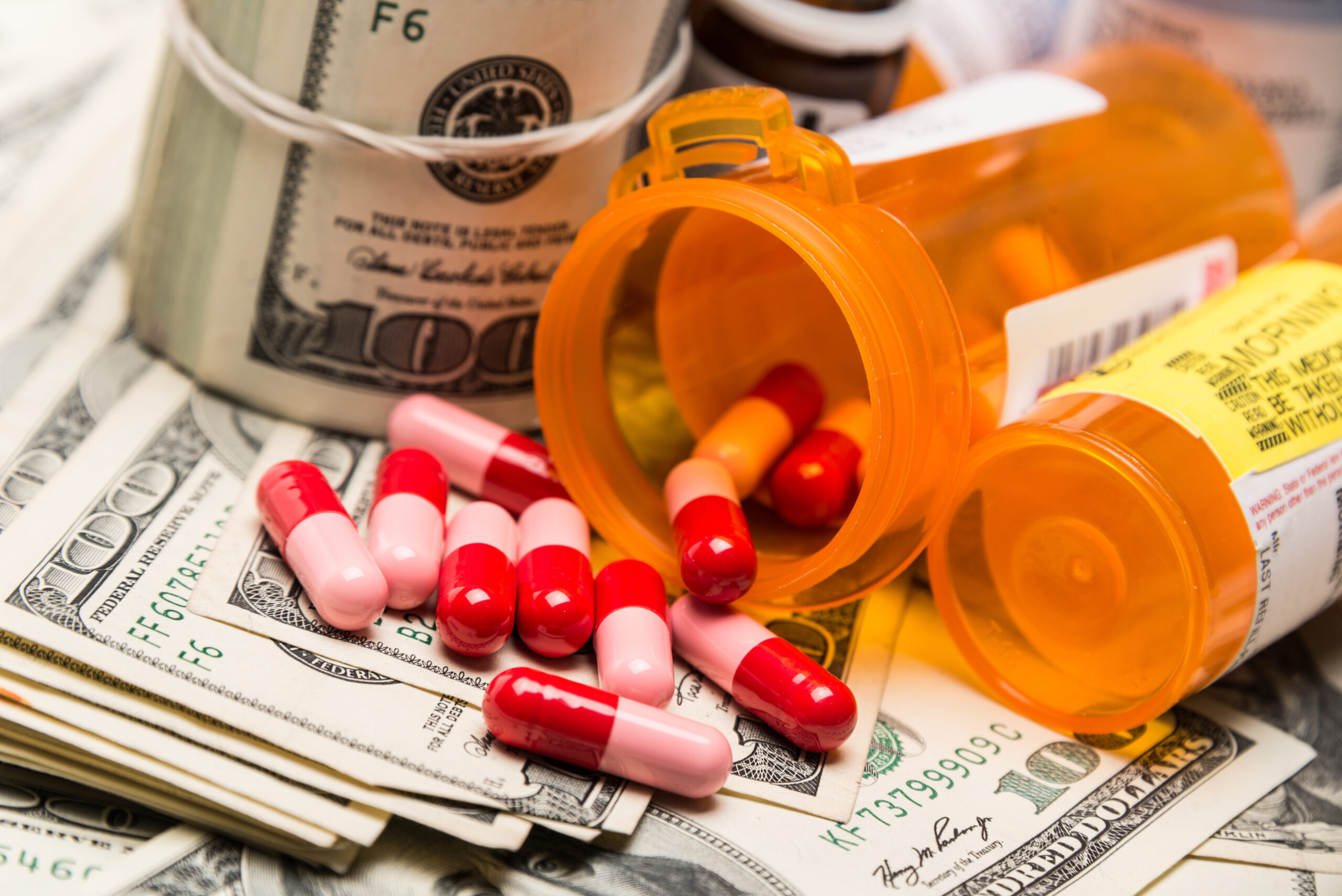© 2025 CSRXP- All Rights Reserved

BIG PHARMA WATCH: KICKBACKS INCREASED SPENDING ON HIGH PRICED AGE-RELATED MACULAR DEGENERATION DRUGS BY $642.8 MILLION OVER SIX YEARS
Oct 3, 2023
Eye Doctors Who Accepted Big Pharma Payments Were More Likely to Prescribe More Expensive Brand Name Products, Leading to Higher Patient and Taxpayer Costs
According to a new study in JAMA Health Forum, ophthalmologists who did not accept payments from brand name drug manufacturers were less likely to prescribe higher priced treatments for age-related macular degeneration. The study examined prescriptions from more than 21,000 ophthalmologists from 2013 to 2019, using Medicare Part B data. The study examined prescriptions for Eylea, manufactured by Regeneron, as well as Lucentis, manufactured by Genentech, a subsidiary of Roche, compared to prescriptions for Avastin, a much lower-priced treatment.
The study found that ophthalmologists who received drug maker payments were much less likely to prescribe Avastin, the lower-priced option, than ophthalmologists who did not receive drug manufacturer payments. Ophthalmologists who received manufacturer payments prescribed Avastin to just 28 percent of patients, while ophthalmologists who did not receive manufacturer payments prescribed Avastin to 45.8 percent of patients.
As the study notes, this discrepancy had major implications in terms of spending for patients and the Medicare program. If ophthalmologists who received payments from drug manufacturers prescribed Avastin at the same rate as ophthalmologists who did not receive payments, Medicare Part B spending would have been $642.8 million lower between 2013 and 2019.
The study is also significant because Regeneron’s drug Eylea was the second most expensive drug in terms of total spending in the Medicare Part B program in 2020, while Genentech’s Lucentis was the sixth most expensive. Combined, these two drugs accounted for “more than 10 percent of the total Medicare Part B drug spending for 2020.” Overall, the study suggests that “manufacturer payments to ophthalmologists were associated with higher-cost therapeutic choice for [age-related macular degeneration] as well as increased Medicare and patient spending.”
Big Pharma’s kickback payments are just one component of Big Pharma’s anti-competitive playbook designed to boost spending on high-priced brand name products and undermine more affordable alternatives.
Read the full study in JAMA Health Forum HERE.
Read more on how Big Pharma tries to cloak kickback payments as charity HERE.
Read more on egregious kickback schemes from Big Pharma companies Biogen and Sanofi HERE and HERE.
Read more on market-based solutions to hold Big Pharma accountable and lower prescription drug prices HERE.
